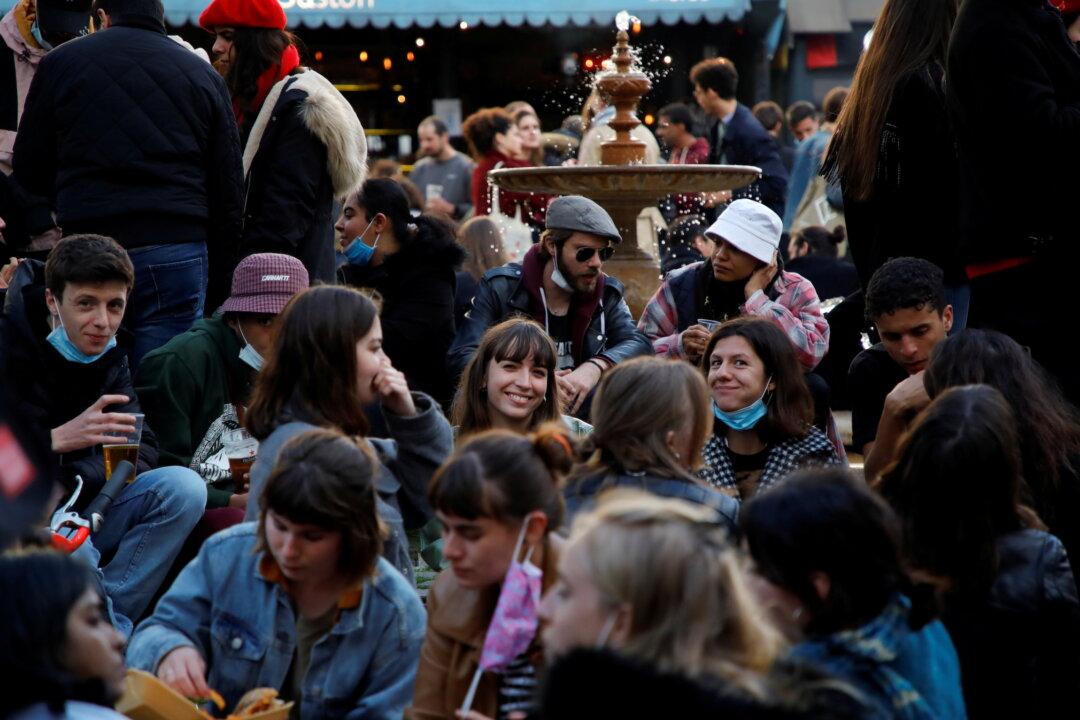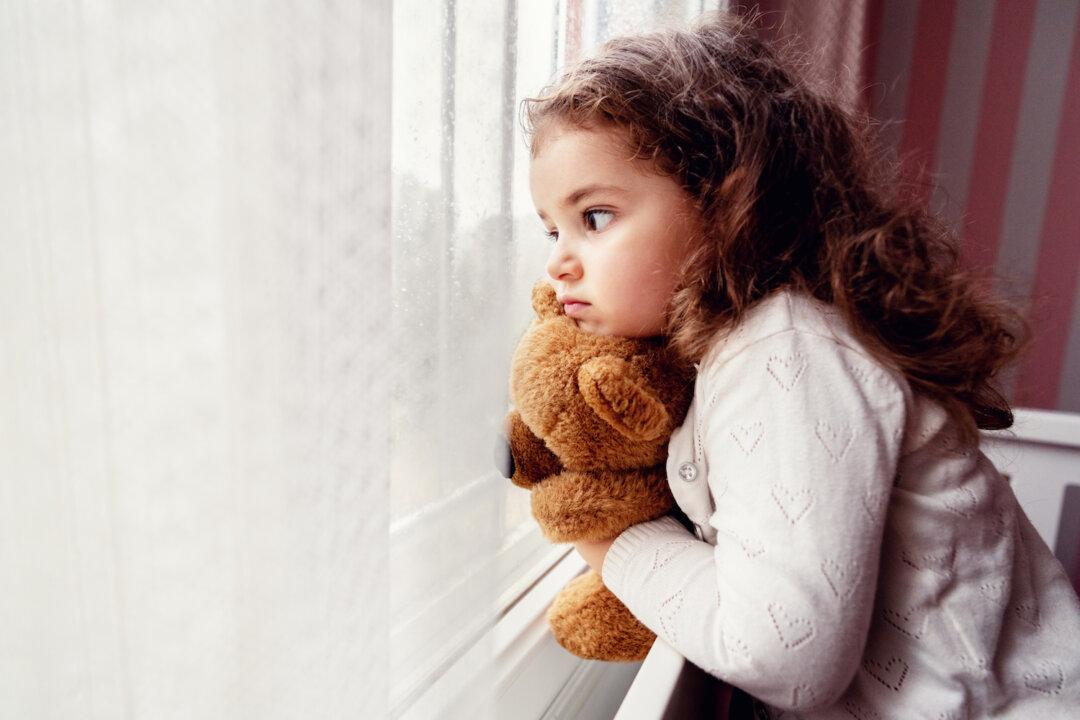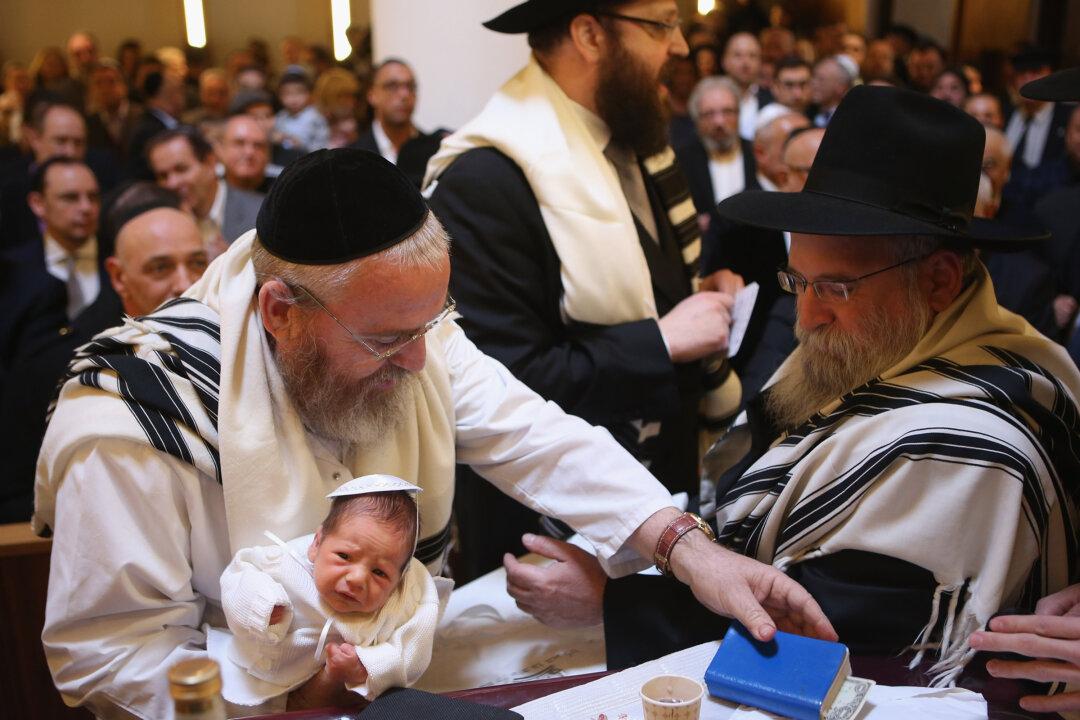We’ve seen a lot of T-shirts and memes circulating on social media with some version of the words: “Forgive me for anything I said or did during COVID.”
The COVID crisis—along with disagreements about the severity of the disease, the safety and necessity of vaccines, and the advisability of lockdowns—has divided families, estranged friendships, and led to many misunderstandings and hurt feelings.







